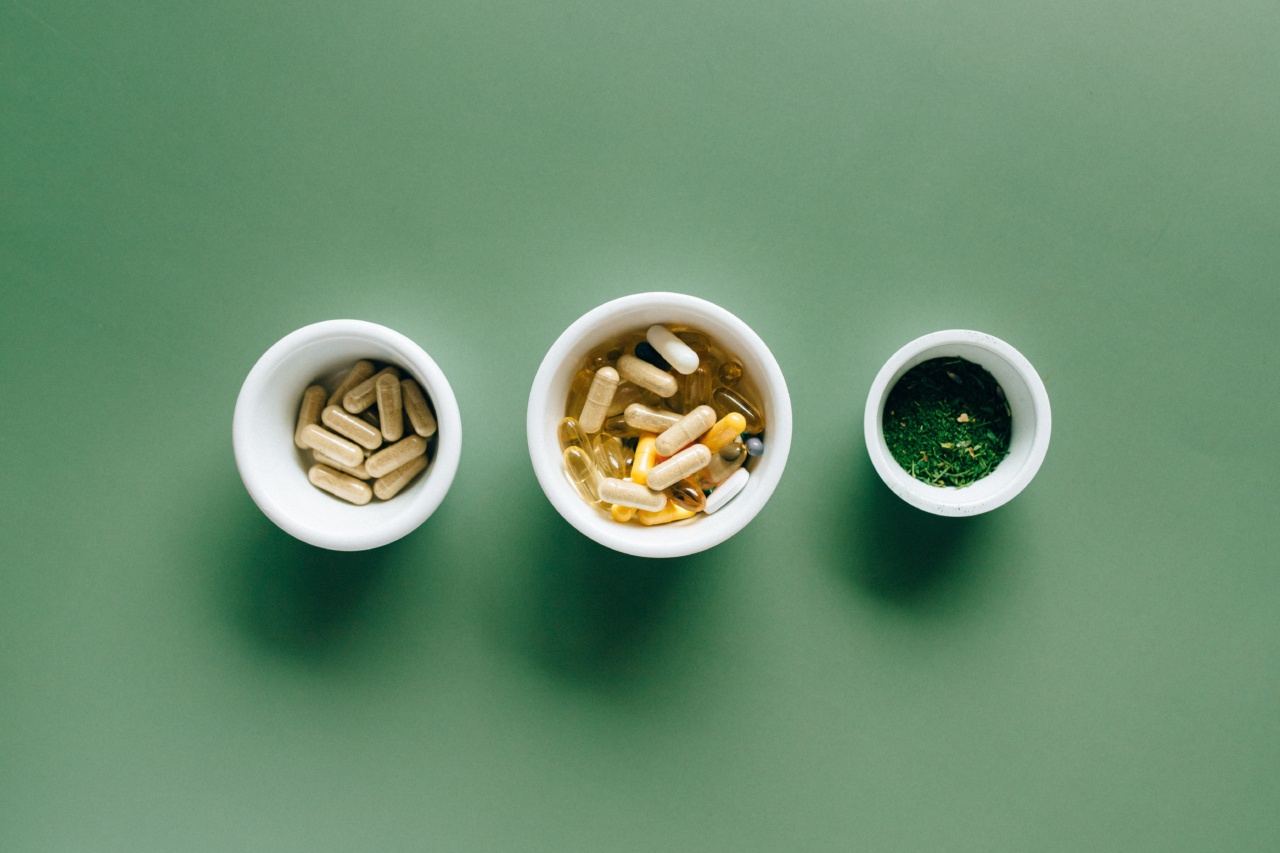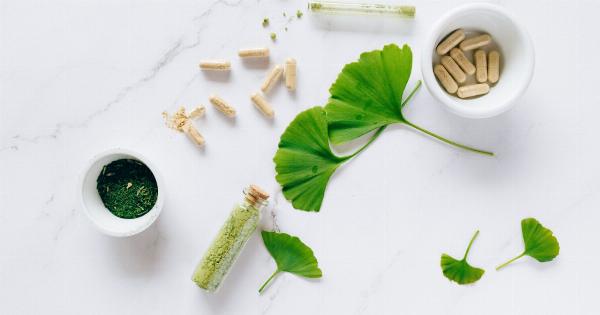Stress has become an inevitable part of modern life, affecting millions of people worldwide. It can have a detrimental impact on both our physical and mental well-being, leading to a variety of health issues.
While there are several strategies to manage stress, such as lifestyle changes, therapy, and mindfulness practices, vitamins and supplements can also play a crucial role in reducing stress levels and promoting overall wellness. In this article, we will explore some of the key stress-reducing vitamins and supplements and discuss their potential benefits.
Vitamin B Complex
Vitamin B complex comprises a group of eight essential vitamins, each playing a unique role in regulating brain function and maintaining overall health.
These vitamins include thiamine (B1), riboflavin (B2), niacin (B3), pantothenic acid (B5), pyridoxine (B6), biotin (B7), folate (B9), and cobalamin (B12). These vitamins are involved in various processes within our bodies, including the production of neurotransmitters like serotonin and dopamine, which are crucial for mood regulation.
Research suggests that deficiencies in vitamin B complex can contribute to stress and anxiety. By supplementing with vitamin B complex, individuals may experience improved mood, increased energy levels, and reduced stress.
However, it is important to consult with a healthcare professional before integrating any new supplements into your routine.
Vitamin C
Vitamin C, also known as ascorbic acid, is a powerful antioxidant that offers numerous health benefits. It plays a vital role in supporting the adrenal glands, which are responsible for producing stress hormones like cortisol.
During periods of high stress, our bodies utilize more vitamin C, potentially leading to depletion.
Supplementing with vitamin C can help replenish these levels and support adrenal gland function. It may also aid in reducing stress-related conditions, such as hypertension and high cortisol levels.
Incorporating vitamin C-rich foods into your diet, such as citrus fruits, strawberries, and bell peppers, can also contribute to stress reduction.
Magnesium
Magnesium is an essential mineral involved in more than 300 biochemical reactions within the body. It plays a crucial role in regulating neurotransmitters and can have a significant impact on stress and anxiety levels.
Studies have shown that magnesium supplementation may help alleviate symptoms of anxiety and depression. It can also enhance sleep quality and reduce muscle tension, both of which are commonly associated with stress.
Including magnesium-rich foods like leafy greens, nuts, seeds, and whole grains in your diet can contribute to stress reduction.
Omega-3 Fatty Acids
Omega-3 fatty acids are a type of polyunsaturated fat that offers numerous health benefits, including reducing inflammation, promoting heart health, and supporting brain function.
These fatty acids, particularly eicosapentaenoic acid (EPA) and docosahexaenoic acid (DHA), are found abundantly in fatty fish like salmon, mackerel, and sardines.
Research suggests that omega-3 fatty acids can have a positive impact on mood and stress reduction. They may help regulate neurotransmitters and decrease inflammation within the brain, which can contribute to improved mental well-being.
If consuming fish is not an option for you, omega-3 supplements derived from algae or krill oil are available as alternatives.
Ashwagandha
Ashwagandha, also known as Withania somnifera, is an adaptogenic herb widely used in traditional Ayurvedic medicine. It is known for its stress-reducing properties and its ability to promote overall well-being.
Research indicates that ashwagandha can help reduce cortisol levels, alleviate symptoms of anxiety and depression, and improve sleep quality. It works by modulating the body’s stress response and supporting the adrenal glands.
Ashwagandha supplements are available in various forms, such as capsules, powders, and liquid extracts.
Rhodiola Rosea
Rhodiola rosea, also referred to as the “golden root,” is a herb commonly found in regions with harsh climates, including the Arctic and mountainous areas.
It has been used for centuries in traditional medicine to combat stress, enhance mood, and improve mental performance.
Studies suggest that rhodiola rosea can help regulate cortisol levels, increase the availability of serotonin and dopamine, and improve overall cognitive function. It is available as a dietary supplement in capsule or liquid extract form.
L-Theanine
L-Theanine is an amino acid commonly found in green tea, known for its calming properties. It can help promote relaxation without causing drowsiness, allowing individuals to manage stress levels effectively.
Research shows that L-theanine can increase GABA (gamma-aminobutyric acid) levels in the brain, which promotes a sense of calm and relaxation. It may also improve sleep quality and enhance cognitive performance.
L-Theanine supplements are available as standalone products or in combination with other calming ingredients.
Valerian Root
Valerian root is a herb native to Asia and Europe, commonly used as a natural remedy for insomnia and anxiety. It has been used for centuries to help individuals relax and improve sleep quality.
Studies suggest that valerian root can increase the availability of GABA in the brain, leading to reduced feelings of anxiety and improved sleep. It is available in various forms, including capsules, extracts, and teas.
Passionflower
Passionflower, also known as Passiflora incarnata, is a flowering plant native to North America. It has long been used as a natural remedy for anxiety and insomnia.
Research indicates that passionflower can enhance GABA levels, similar to other calming substances. It may help reduce anxiety symptoms, promote relaxation, and improve sleep quality.
Passionflower supplements are available in capsule or liquid extract form.
Conclusion
Stress is a prevalent issue in today’s fast-paced and demanding world. While there are various methods to manage and reduce stress, incorporating stress-reducing vitamins and supplements into your routine can provide additional support.
Vitamins B complex and C, magnesium, omega-3 fatty acids, ashwagandha, rhodiola rosea, L-theanine, valerian root, and passionflower are just a few examples of the many options available.
However, it is essential to remember that vitamins and supplements should not replace a healthy lifestyle, including a balanced diet, regular exercise, and sufficient sleep.
Additionally, consulting with a healthcare professional before adding any new supplements to your routine is vital to ensure safety and efficacy.





























